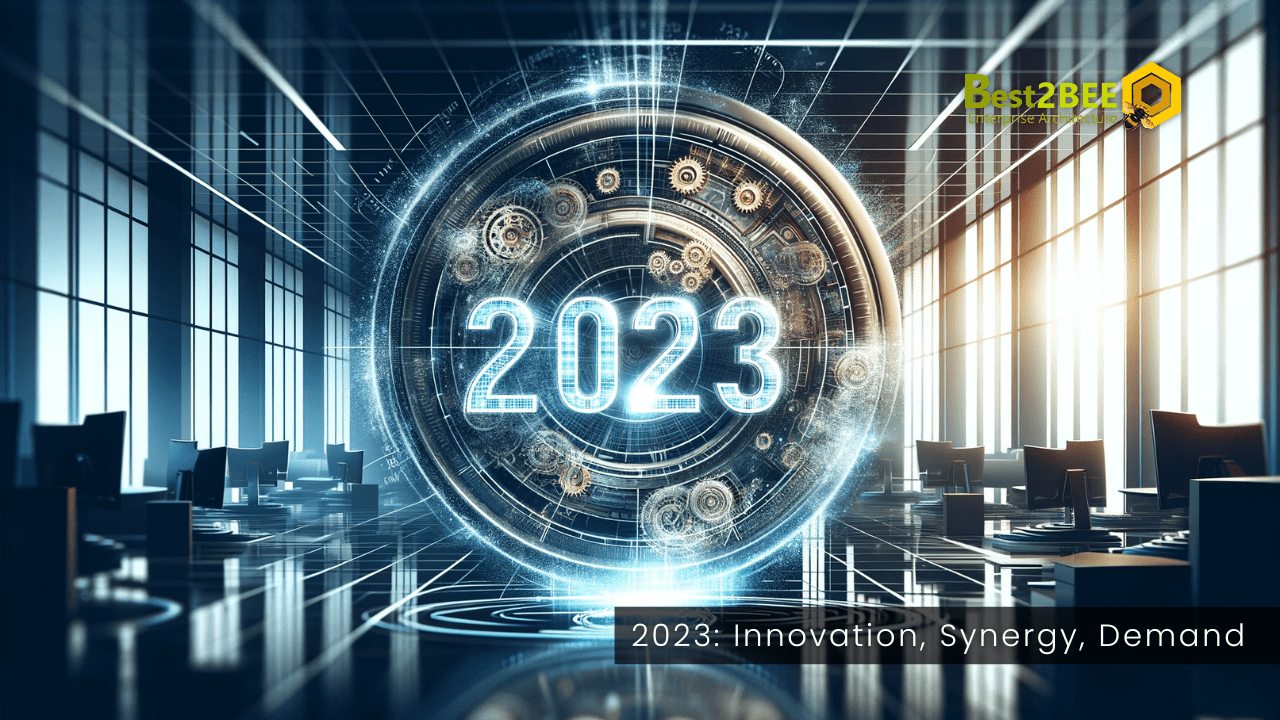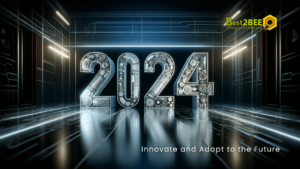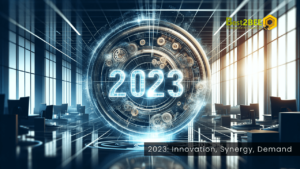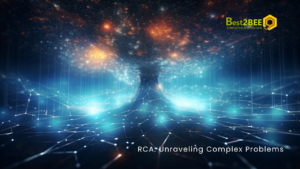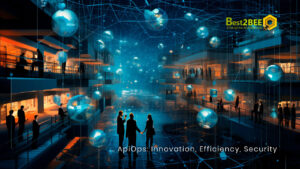As 2023 nears its end, it becomes evident that the year marked a milestone in the history of technology, characterized by innovations that significantly transformed both the corporate environment and daily life. This period witnessed a series of technological developments with vast and profound implications, especially for professionals in the field. These changes not only redefined business practices but also opened new pathways and challenges, demanding from professionals a keen understanding and rapid adaptation to the novelties that emerged in the technological landscape.
A notable highlight was the advent of generative artificial intelligence. This innovation, built on the foundations of applied AI and machine learning, emerged as a versatile tool in various industries. With an estimated economic value potential of up to $4.4 trillion, generative AI demonstrated its strength in specific applications and as a general driver of productivity. ChatGPT stands out, being widely used in various areas and reaching 100 million active users just two months after its launch.
The investment landscape in technology experienced an adjustment. While there was a tightening in investments for most technological trends, confidence in the potential value of these innovations remained robust. Especially, technologies focused on trust architectures and digital identity received increasing attention, reflecting the emerging need for security, privacy, and resilience in various industries. Simultaneously, more established technologies like cloud computing and edge computing experienced a slight reduction in investment but continued to demonstrate strong potential for mass adoption.
These two technologies, far from being seen as mutually exclusive, began to be understood as complementary. For example, in the retail sector, edge computing proved fundamental for more efficient inventory management, avoiding overburdening cloud resources with massive data transfers. This synergy between cloud and edge computing is key to accelerating and optimizing decision-making processes, critical for companies in today’s dynamic market.
A particularly acute challenge in 2023 was the discrepancy between the demand for qualified professionals in emerging technologies and the availability of talent in the market. This situation highlights the critical importance of human talent as a competitive differentiator. The constantly evolving technological landscape demands a workforce that not only understands automation technologies but is also in a continuous process of learning and adaptation.
Thus, the technological trends of 2023 not only reshaped business and social landscapes but also redefined the demands and expectations for system integration professionals. Understanding these trends and their practical applications has become essential for strategic planning and maintaining a leadership position in a rapidly transforming technological world. The experiences and learnings of 2023 underline the need for a balanced approach in adopting technologies, combining innovations with established solutions and investing in the formation of a qualified workforce to fully explore the potential of these advances.

